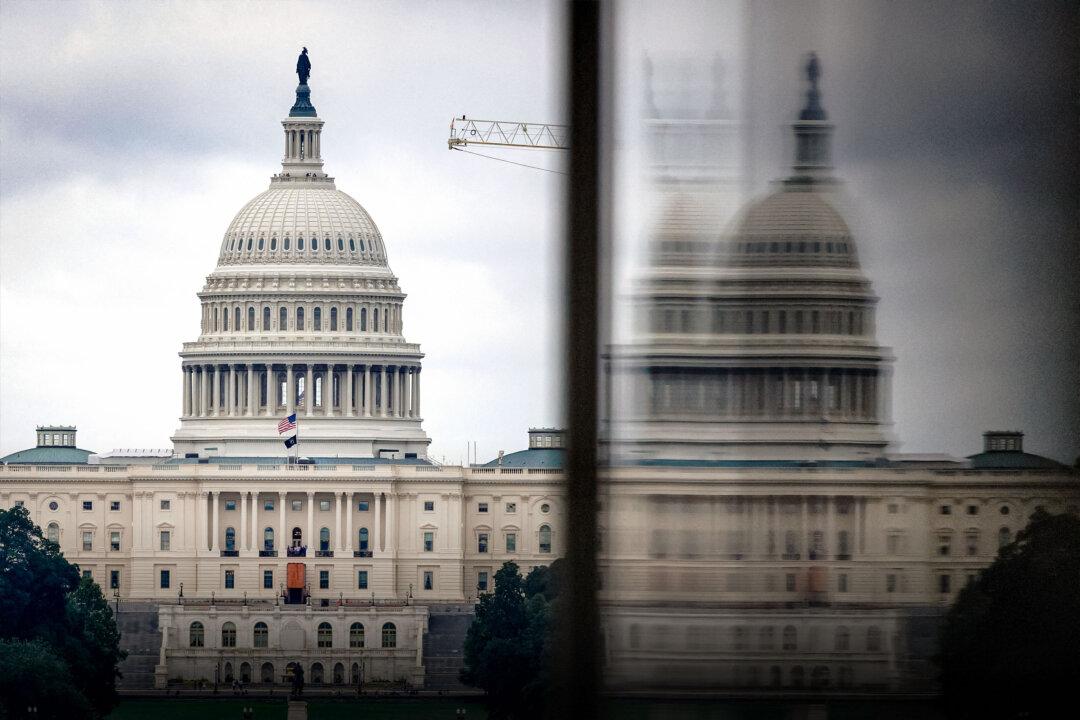When federal regulatory expert Wayne Crews was asked recently what Congress should do about excessive government regulation, he said, “You don’t need to tell the grass to grow, but you do have to take the rocks off of it.”
Crews’s reply pointed to a fundamental problem Americans have been struggling against for generations—what was once the world’s freest, most productive, and innovative economy is steadily being buried under a landslide of rocks in the form of intrusive, burdensome, and costly federal rules and regulations.





